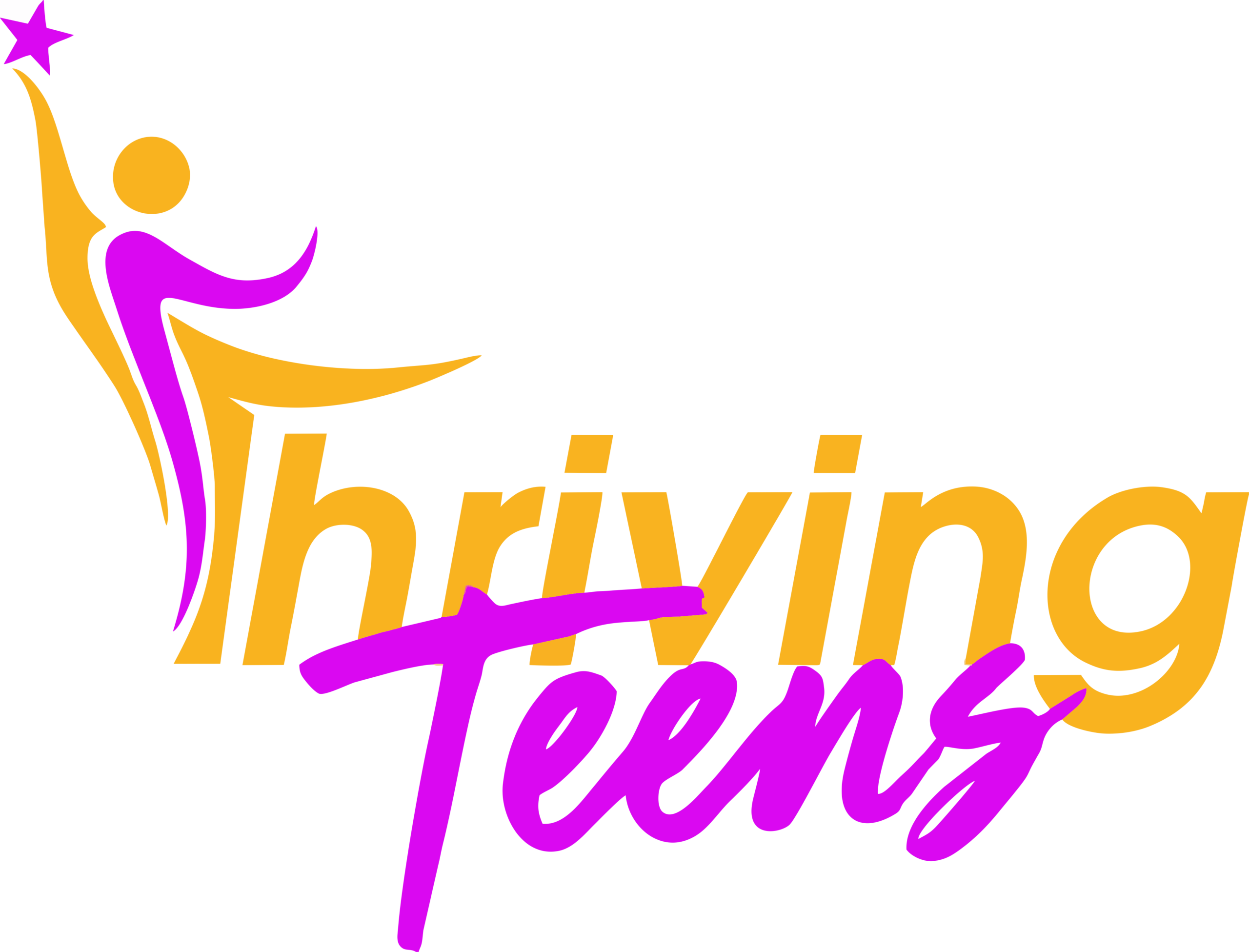William Shakespeare asked, “What’s in a name?”
Kamala Harris, the Vice President of the USA said this about a name: “I think that the name that your parents give you, whoever you are, meaning whatever your gender or race or background or language your grandmother speaks, is a very special thing, Many cultures have naming ceremonies. It is a gift that is an incredible, familial gift. The family gives the child a name and so I come at it from that: not about myself, but for everyone… Respect the names that people are given and use those names with respect,” Harris said.
A person’s name has meaning.it is the first identity that a child is given upon their birth, and identity is a big deal. One may not have a say in what name they are called because it is chosen for them at birth, but one can legally change their name, with a few prohibitions.
“Who are you?” is a question we spend our lives trying to answer. It cuts to the core of our identity, it reveals what you believe about yourself, it reveals what you value and where you find your significance.
Names have meaning. They may be religious in background, ethnic, gender-based, abstract, futuristic, however they are, they have an origin and a meaning. The connection between name and identity is strong. How we feel about ourselves and the names that people call us are inextricably linked. That’s why “name calling” is hurtful. When someone chooses to belittle us or mock us by using a name that does not belong to us–often a derogatory or otherwise abusive label–it chips away at our sense of self-worth.
So what’s in a name. Maybe nothing, maybe everything. But names provide us an opportunity to show love and acceptance of our fellow humans. Calling a person by the name they choose provides us a chance to acknowledge their person-mess, their humanity.
What is in a name?
The right to be.


